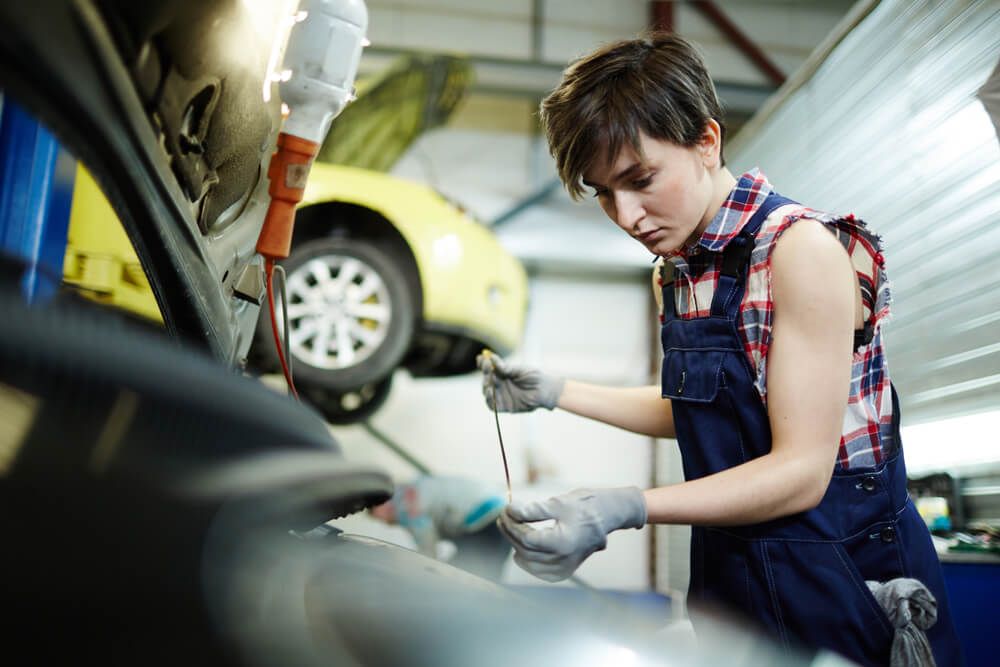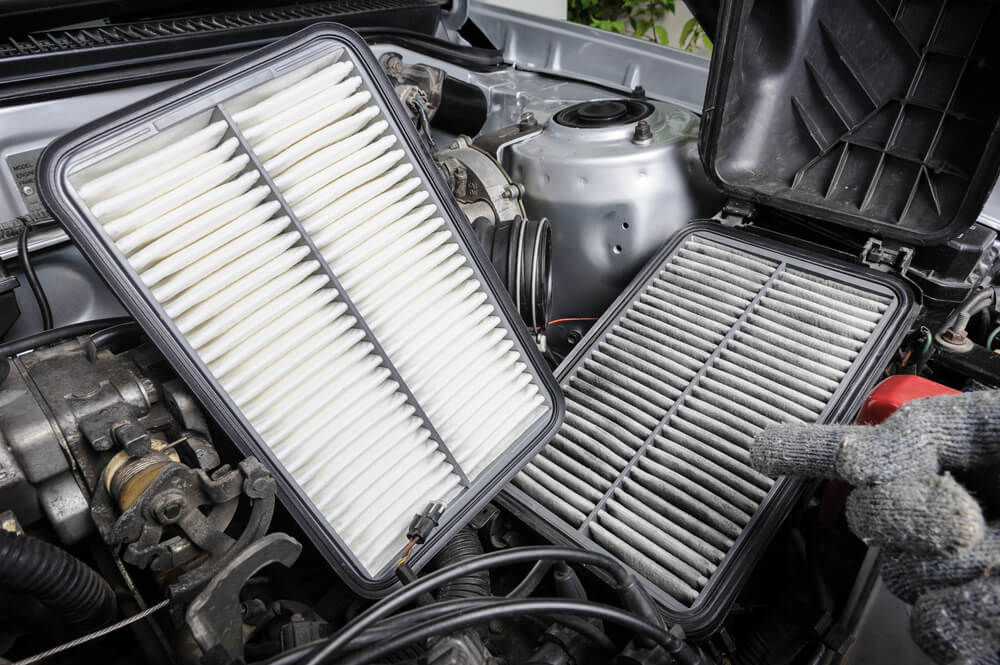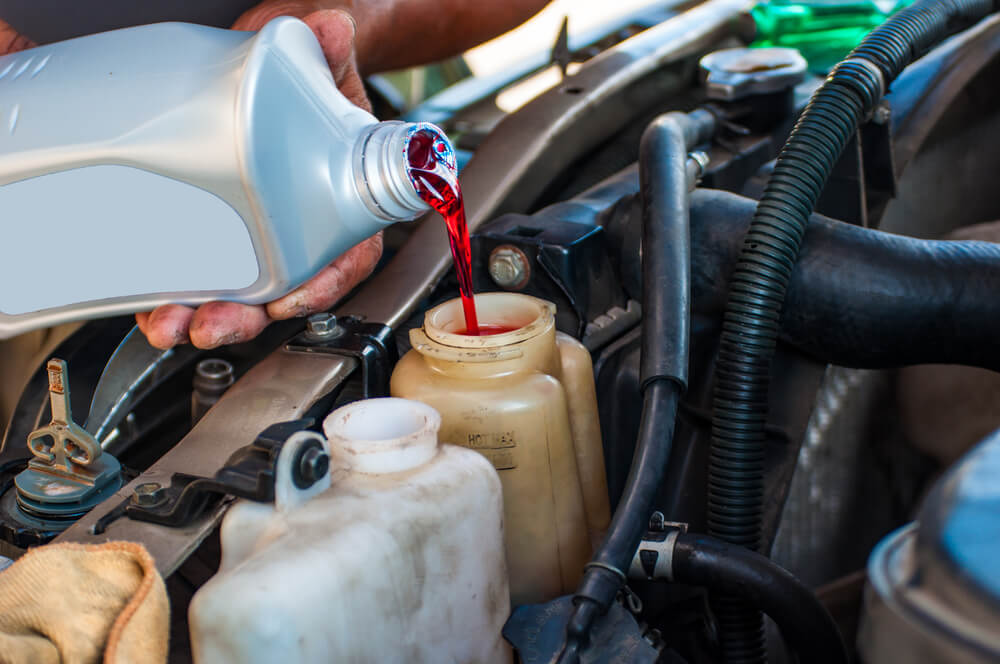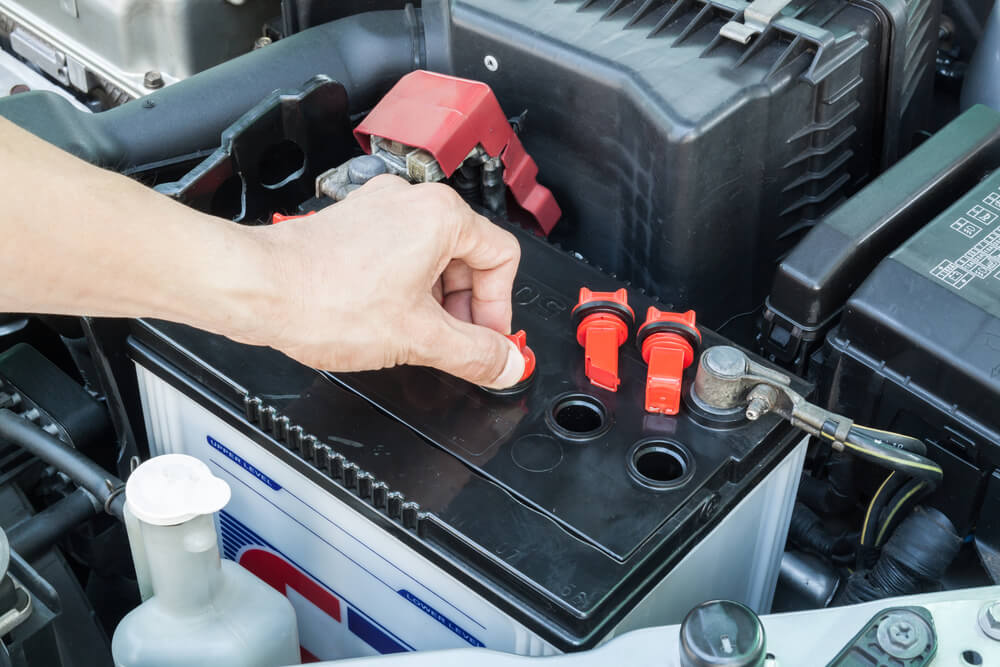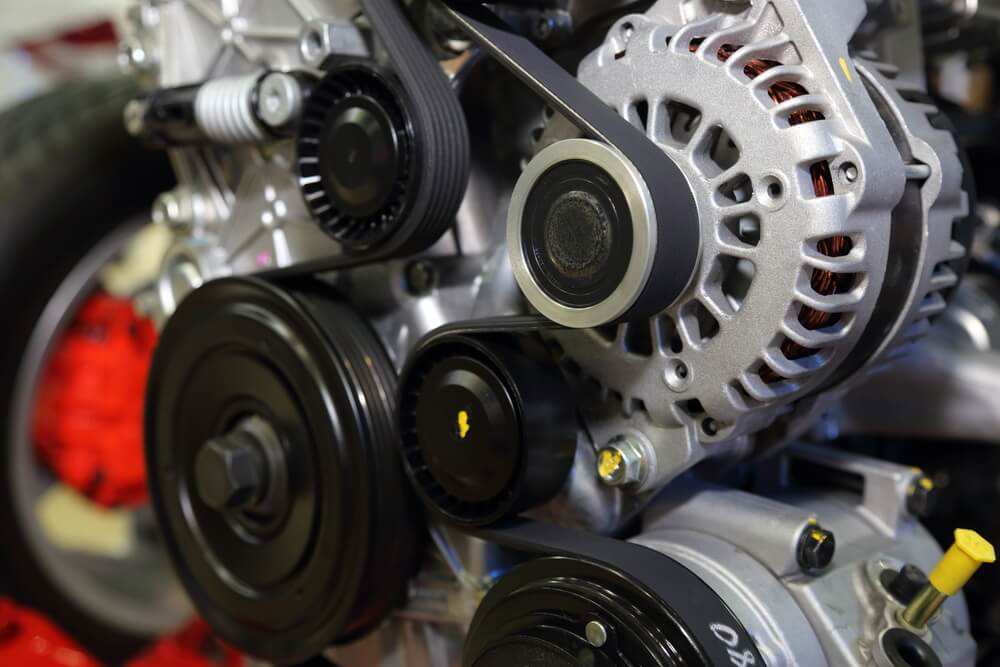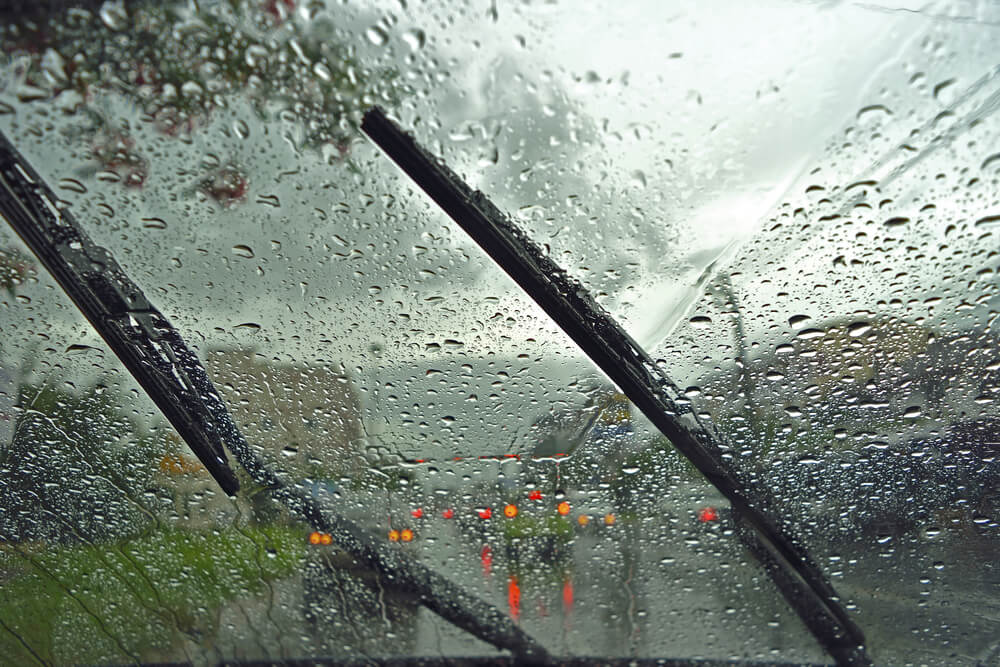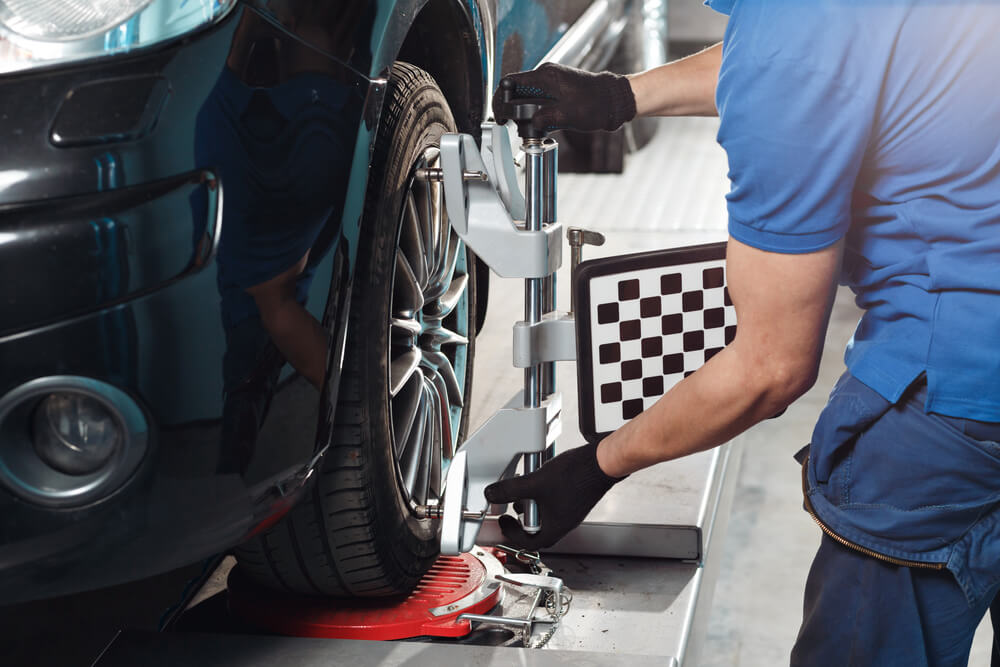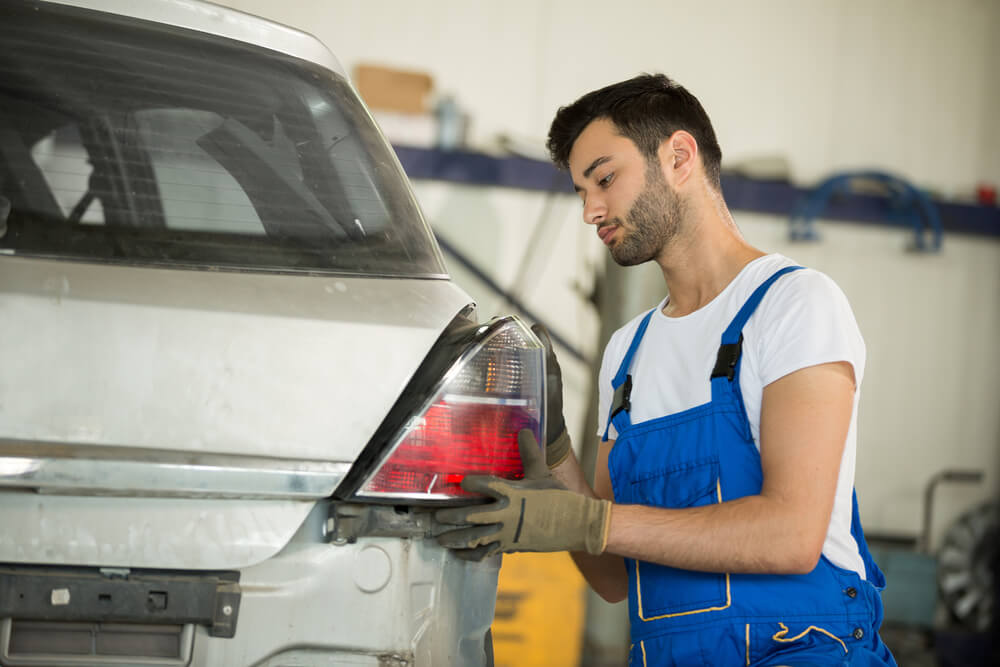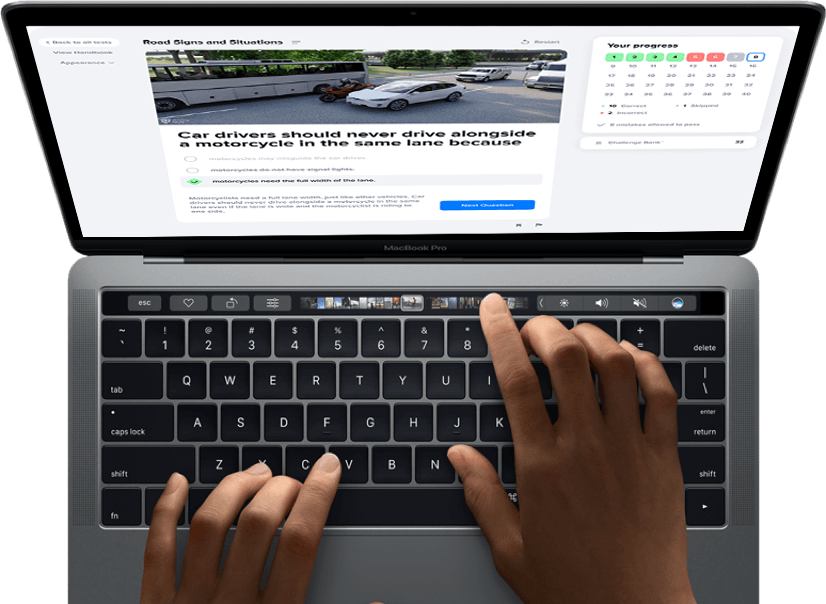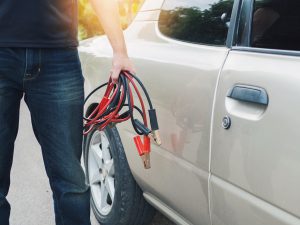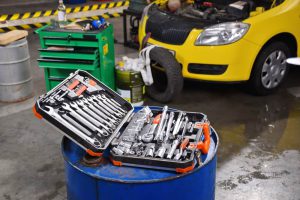Contents
Have you made an appointment for your vehicle’s first check-up…er, tune-up?
Cars need occasional visits to the mechanic just like people need yearly physicals with their doctors. If you wait until there’s a problem to take your car to the shop, it’s already too late. Routine maintenance can address many potential issues before they become a huge expense.
Most automobile experts recommend that vehicles undergo a basic tune-up once every thirty thousand miles or approximately every two years. If your vehicle was brand-new when you purchased it from a dealer, you may have a service warranty that covers routine maintenance. In any case, check with that dealership’s body shop to see if they offer a discount on first-time tune-ups. If you purchased a used car or an older model, ask your friends and family for recommendations of a trusty mechanic to look over your vehicle. No matter where you decide to take your car for a tune-up, there is a general list of things that the mechanic will be inspecting. Here’s what is typically included in a tune-up and why each inspection is important to the well-being of your vehicle:
8 Things That Require Routine Tune-Ups
- 1
Air Filter
Driving in areas with heavy traffic requires you to replace air filters more frequently![air filter]()
Although it is recommended that air filters be replaced every other time you change your oil, the mechanic will look for an old or clogged air filter and replace it if necessary. A bad air filter can reduce gas mileage and cause your engine to stall because of lack of oxygen.
- 2
Fluids
All the car fluids are paramount for your vehicle’s long life![car fluids]()
Antifreeze, power steering, brake, and transmission fluids are essential to your car’s performance and longevity. During a tune-up, the mechanic will check each of these fluid levels and top off if needed. The mechanic will also check the condition of your radiator and coolant levels.
- 3
Oil and Oil Filter
Changing oil can be a messy job for a new driver that you might want to delegate to a mechanic![changing oil]()
While your vehicle is in the shop, you might as well have the oil changed by a pro. If you usually do this task yourself, having a professional mechanic inspect the oil pan and surrounding parts isn’t a bad idea.
- 4
Battery
Most retailers offer a simple free 5 minute battery test for your vehicle![car battery]()
Newer car batteries are designed to last for around a decade and require little maintenance; however, inspection of the battery and surrounding area is still an important part of routine tune-up. A mechanic will check the condition and life of the battery and will remove any battery acid that has built up around the hardware.
- 5
Belts and Hoses
Be aware that failure rates rise sharply after 3 years of belt service![belts and hoses]()
A professional mechanic will inspect all your vehicle’s belts and hoses during a tune-up. He will ensure that the clamps holding the radiator hoses in place are secure and that all belts are in good condition. Any belts that display cracking or splitting will be replaced before they have a chance to snap. If you have noticed a high pitch whining noise when your engine is on, you’ve probably got a bad belt. Make sure to tell your mechanic so that he can determine which of your vehicle’s several belts is defected and replace it.
- 6
Windshield Wipers
Unpleasant screeching sound of old wipers paired with smear and water streaks can easlily make you nervous on the road![windshield wipers]()
If you’ve been ignoring that annoying squeak each time it rains, this is a great time to get your windshield wipers replaced. The mechanic will also top off your windshield wiper fluid so you’ll have a sparkling windshield with the push of a button.
- 7
Wheel Bearings and Alignments
Car alignment keeps your vehicle from pulling in one direction or vibrating on the road![car alignment]()
During a tune-up, the mechanic will inspect your vehicle’s undercarriage and axles for any potential problems. Each of your car’s wheel bearings will also be inspected and each wheel will be aligned. This will prevent abnormal wear and tear and make your ride smoother. If needed, the mechanic can also rotate and balance your tires and replace any that have worn treads.
- 8
Headlights, Tail lights, Break lights, and Blinkers
Lights in order are a must on the road, especially in bad weather and darker times of the day![changing lights]()
Didn’t know you’ve been driving without a left blinker? During a routine tune-up, each of your vehicle’s lights will be thoroughly tested and replaced if needed.
If your vehicle’s check engine light comes on at any time, call your dealership or mechanic to schedule a tune-up as soon as possible.
That being said, regular tune-ups can prevent the types of mechanical issues that cause major engine problems. A Saturday spent at the repair shop might not sound like fun, but it’s definitely time well spent. A tune-up will prevent issues that could keep your car in the shop for weeks and cost hundred or even thousands of dollars. You can expect a professional tune-up to cost between $75.00 and $150.00. Any replacement parts or repairs will require an additional fee. Consider this money an investment in your vehicle and insurance against future repair bills.
